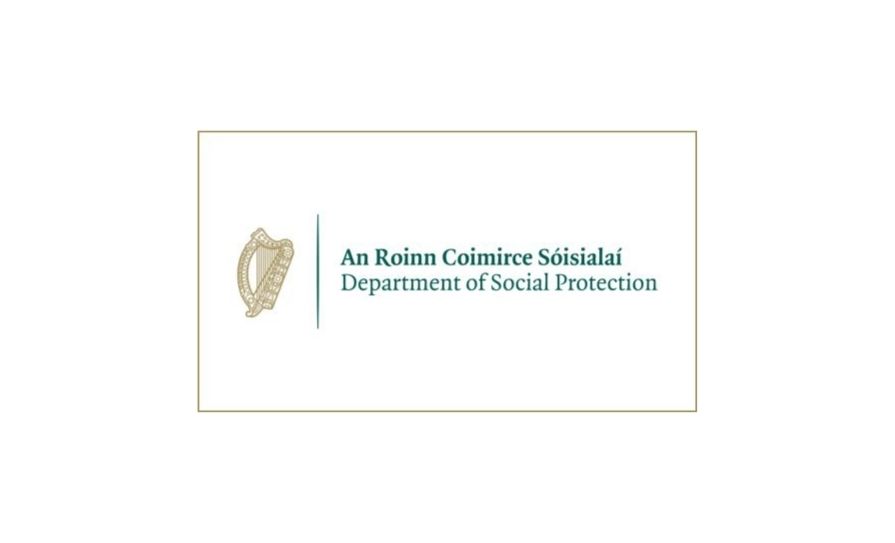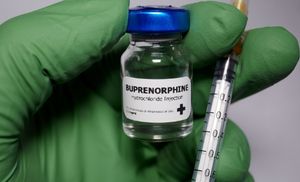Earlier engagement with the health economics community is needed when considering the adoption of new high-cost precision medicines, according to the Director of the National Centre for Pharmacoeconomics (NCPE) Prof Michael Barry.
Prof Barry gave a presentation on the cost-effectiveness of personalised medicine at the Health Research Board national conference on personalised medicine in Ireland on 30 November.
During a questions-and-answers session, Prof Barry said that after research is conducted and a high-cost drug is developed “is when we first hear about it…. So there has to be earlier dialogue.”
Prof Barry told the Medical Independent: “I think we have to be aware that they [precision medicines] are high-cost, [have a] high-budget impact, and there has to be… greater engagement at an earlier stage with the health economics community in relation to this.”
In his presentation Prof Barry concluded: “We need fair pricing and better value when it comes to personalised medicines.”
Prof Barry outlined that the high cost of precision medicines was expected to continue to increase. Already 1 per cent of all prescription items accounted for 40 per cent of expenditure.
Budget 2023 allocated €18 million for reimbursement of new medicines. However, Prof Barry highlighted that “considering drug expenditure is increasing by about €150 million a year… I’m suggesting that the €18 million was probably not enough”.
He added that projected total drug expenditure could be €4 billion by 2027.
The Chair of the session Prof Charles Normand, the Edward Kennedy Professor of Health Policy and Management at Trinity College Dublin, said: “I think one of the things that is coming out of all of this discussion is that we really need a new model for how we finance the research and development for new drugs.”













Leave a Reply
You must be logged in to post a comment.